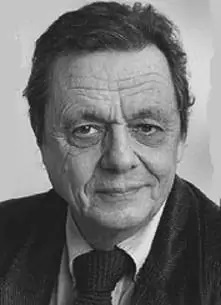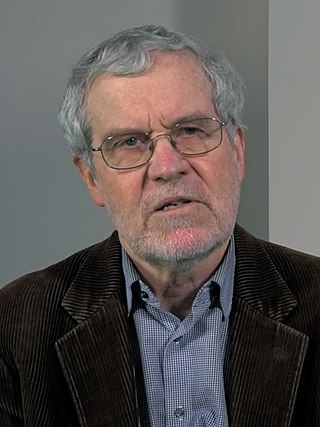
The French Revolution was a period of radical political and societal change in France that began with the Estates General of 1789 and ended with the formation of the French Consulate in November 1799. Many of its ideas are considered fundamental principles of liberal democracy, while the values and institutions it created remain central to French political discourse.
A Jacobin was a member of the Jacobin Club, a revolutionary political movement that was the most famous political club during the French Revolution (1789–1799). The club got its name from meeting at the Dominican rue Saint-Honoré Monastery of the Jacobins. The Dominicans in France were called Jacobins because their first house in Paris was the Saint Jacques Monastery.

The National Constituent Assembly was a constituent assembly in the Kingdom of France formed from the National Assembly on 9 July 1789 during the first stages of the French Revolution. It dissolved on 30 September 1791 and was succeeded by the Legislative Assembly.

The Society of the Friends of the Constitution, renamed the Society of the Jacobins, Friends of Freedom and Equality after 1792 and commonly known as the Jacobin Club or simply the Jacobins, was the most influential political club during the French Revolution of 1789. The period of its political ascendancy includes the Reign of Terror, during which well over 10,000 people were put on trial and executed in France, many for political crimes.

The historiography of the French Revolution stretches back over two hundred years, as commentators and historians have used a vast array of primary sources to explain the origins of the Revolution, and its meaning and its impact. By the year 2000, many historians were saying that the field of the French Revolution was in intellectual disarray. The old model or paradigm focusing on class conflict has been largely abandoned, but no new explanatory model had gained widespread support. Nevertheless, there persists a very widespread agreement that the French Revolution was the watershed between the premodern and modern eras of Western history.

The Story of Civilization (1935–1975), by husband and wife Will and Ariel Durant, is an 11-volume set of books covering both Eastern and Western civilizations for the general reader, with a particular emphasis on European (Western) history.
Roy Sydney Porter, FBA was a British historian known for his work on the history of medicine. He retired in 2001 from the director of the Wellcome Institute for the History of Medicine at University College London (UCL).

Robert Roswell Palmer was an American historian at Princeton and Yale universities, who specialized in eighteenth-century France. His most influential work of scholarship, The Age of the Democratic Revolution: A Political History of Europe and America, 1760–1800, examined an age of democratic revolution that swept the Atlantic civilization between 1760 and 1800. He was awarded the Bancroft Prize in History for the first volume. Palmer also achieved distinction as a history text writer.

François Furet was a French historian and president of the Saint-Simon Foundation, best known for his books on the French Revolution. From 1985 to 1997, Furet was a professor of French history at the University of Chicago.

Robert Choate Darnton is an American cultural historian and academic librarian who specializes in 18th-century France.
Alfred Bert Carter Cobban was an English historian and Professor of French History at University College, London, who along with prominent French historian François Furet advocated a classical liberal view of the French Revolution.

The Age of Revolution is a period from the late-18th to the mid-19th centuries during which a number of significant revolutionary movements occurred in most of Europe and the Americas. The period is noted for the change from absolutist monarchies to representative governments with a written constitution, and the creation of nation states.

George Lincoln Burr was a US historian, diplomat, author, and educator, best known as a Professor of History and Librarian at Cornell University, and as the closest collaborator of Andrew Dickson White, the first President of Cornell.
Hans Kohn was an American philosopher and historian. He pioneered the academic study of nationalism, and is considered an authority on the subject.

Timothy Tackett is an American historian specializing in the French Revolution and professor emeritus at the University of California, Irvine.
Isser Woloch is the Moore Collegiate Professor Emeritus of History at Columbia. His work focuses on the French Revolution and on Napoleon.
David Avrom Bell is an American historian specializing in French history.

Louis Reichenthal Gottschalk was an American historian, an expert on Lafayette and the French Revolution. He taught for many years at the University of Chicago, where he was the Gustavus F. and Ann M. Swift Distinguished Service Professor of History.
The Leo Gershoy Award is a book prize awarded by the American Historical Association for the best publication in English dealing with the history of Europe in the seventeenth and eighteenth centuries. Endowed in 1975 by the Gershoy family and first awarded two years later, the prize commemorates Leo Gershoy, professor of French history at New York University. It was awarded biennially until 1985, and annually thereafter.
Jonathan Stewart Dewald is an American historian focusing on the social and cultural history of early modern Europe, as well as the intellectual history and political history of France. He is currently the SUNY Distinguished Professor and Director of Graduate Studies at the State University of New York at Buffalo.











